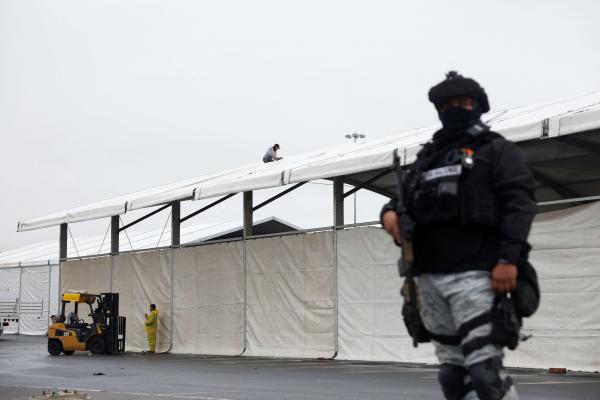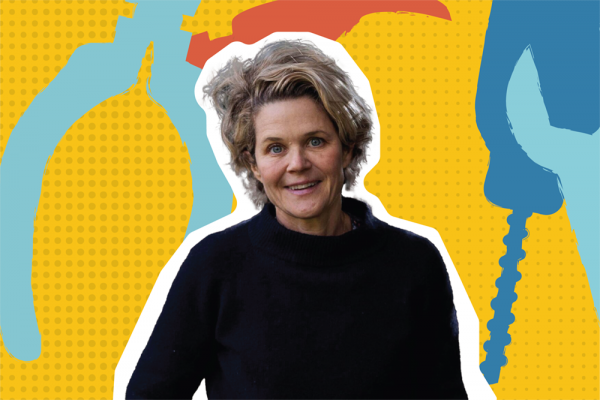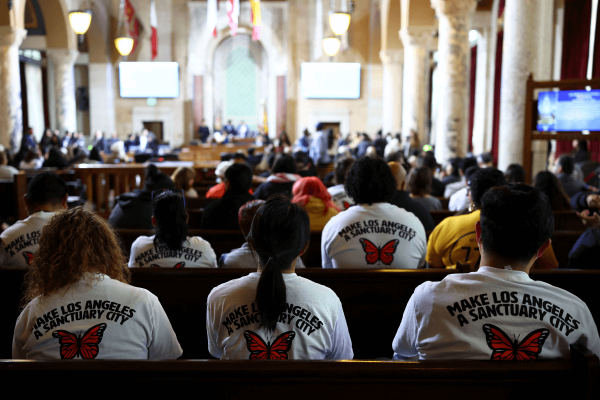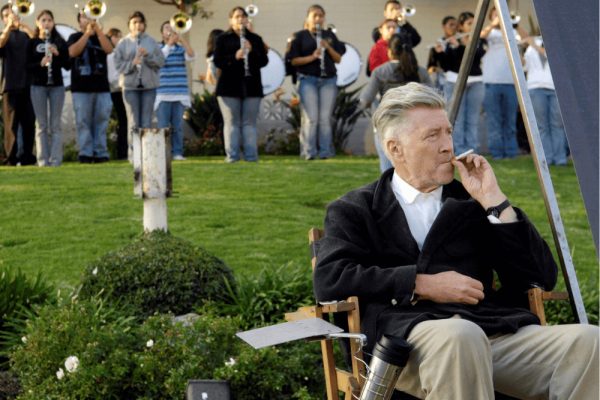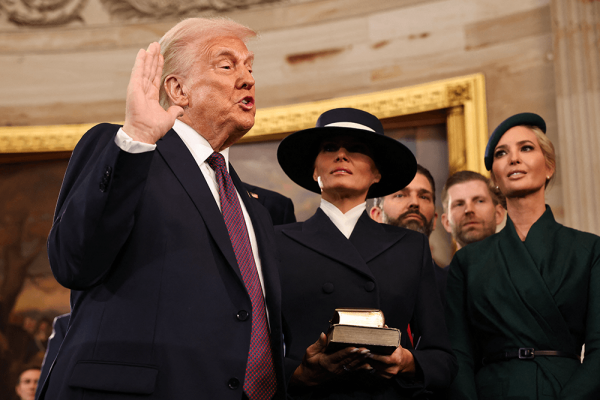Trump's barrage of executive orders, policy decisions and campaign appointments is overwhelming in its extremism. It is designed to provoke a feeling of panicked helplessness among those who oppose his plans for immigrants, LGBTQ+ people, and other targets of his vision for our country. But we do not have to give Trump what he wants and, by staying rooted in our faith, can undermine his campaign of shock and awe.
Mary wraps the child in cloth and lays him in a manger. When churches tell this story, we focus on the tenderness embodied in this routine act. Swaddling helps babies feel safe and secure while sleeping—mimicking the uterine embrace.
Democratic Party leadership presented the 2024 presidential election as a choice between Donald Trump and democracy. That messaging seemed not to resonate with the majority of voters as Trump is now president. Despite his extreme policy stances, Trump captured nearly two-thirds of the Christian vote. Trump and his ilk will accelerate the nation’s lurch toward authoritarianism, Christian nationalism, and fewer rights for already marginalized communities. The campaign promises of then-candidate Trump — many of them already being enacted — will devastate millions.
In 2019, poet and reporter Eliza Griswold began reporting on Circle of Hope, a church founded in the spirit of a radical evangelicalism that motivated the likes of Tony Campolo, Ron Sider, and Jim Wallis. Her new book, Circle of Hope: A Reckoning with Love, Power, and Justice in an American Church documents her experience.
The church, founded in 1996 by the couple Rod and Gwen White, had spread to four locations by 2019. Griswold saw the flourishing, growing community as an intriguing example of evangelicalism untied from the Religious Right.
Progressive churches or worship communities often present as accepting places — displaying LGBTQ+ flags or signs on their property or preaching messages that emphasize accepting and affirming LGBTQ+ people. Those are good places to start. But as the U.S. government escalates its discrimination against trans people, it is also necessary that religious communities escalate their support of the trans community. For communities that want to stand in solidarity with trans people, here are five additional action steps that you and your religious community can take.
In this anxious moment, I find it helpful to remember a similar era from the late 19th century, a time when Chinese migrants, under threat of mass deportation, collectively resisted with one of the greatest instances of civil disobedience in U.S. history. Following the passage of the 1892 Geary Act, which continued barring Chinese laborer migration and required all Chinese residents to register as aliens, about 90,000 Chinese — roughly 9 out of 10 Chinese in the U.S. at the time — defied unjust government orders to protest their racial treatment.
Lynch, who died this month days before his 79th birthday, was fascinated by the coexistence of light and dark in the world, the effects of our sinful impulses on others, and what can happen when we pursue what’s right.
But before her sermon concluded, Budde addressed the president directly:
“Let me make one final plea, Mr. President: Millions have put their trust in you, and as you told the nation yesterday, you have felt the providential hand of a loving God. In the name of our God, I ask you to have mercy upon the people in our country who are scared now. There are gay, lesbian, and transgender children in Democratic, Republican, and independent families, some who fear for their lives.
A favorite movie of mine growing up was the 1999 cartoon Our Friend, Martin. It combines two of the subjects I love most: time travel and Martin Luther King Jr. The main character, Miles, a Black sixth grader, visits the childhood home of King and ends up traveling back in time to meet King at various stages of his life. Miles, who was largely unaware of King before time traveling, eventually learns that King was assassinated. In order to prevent this, Miles convinces his new friend Martin to come to the future with him. And while that decision spares King’s life, the movie makes it clear that Miles saving his friend’s life would prevent the racial equality we now enjoy in the U.S.
In the modern U.S., are we really enjoying a post-King racial equality?
President Donald Trump’s inauguration as the 47th president was filled with religious imagery that often projected God’s blessing on Trump’s promises of American domination, expansion, and nationalism.


